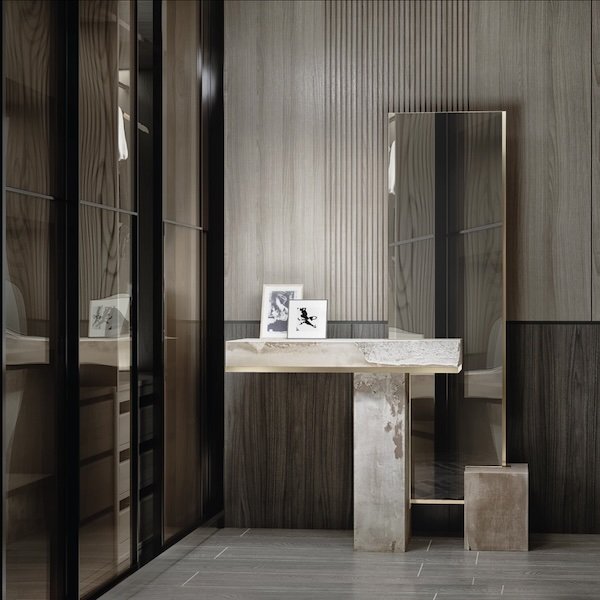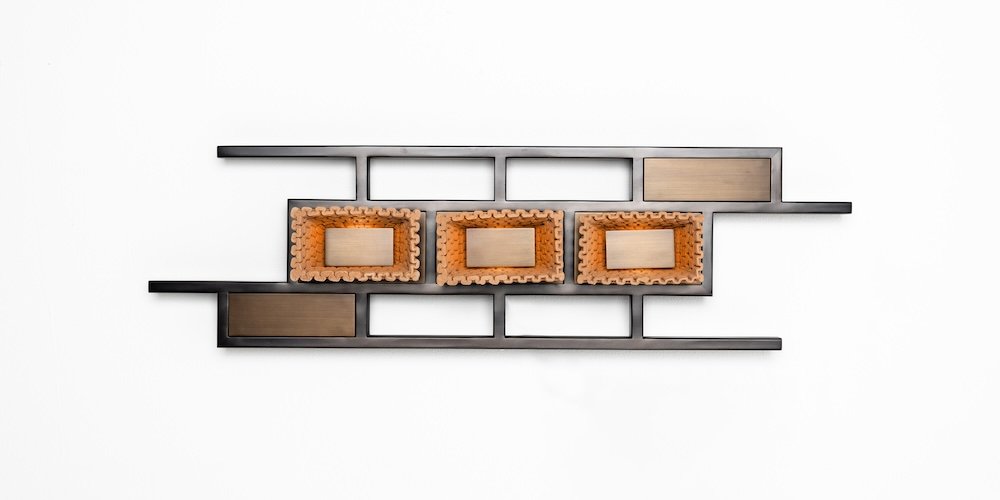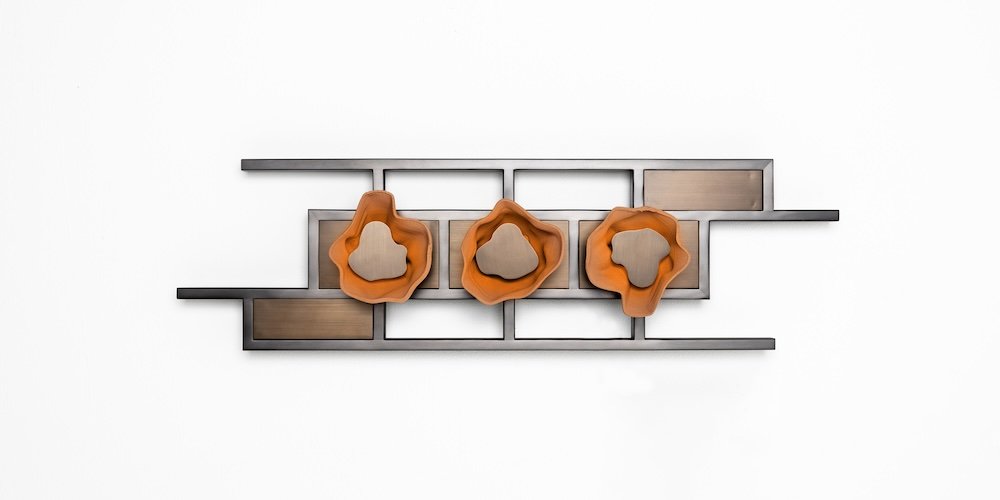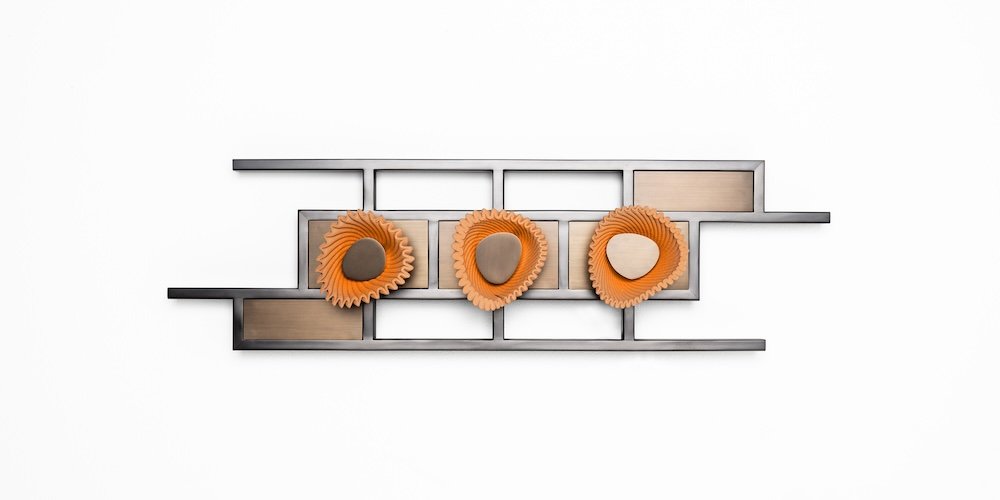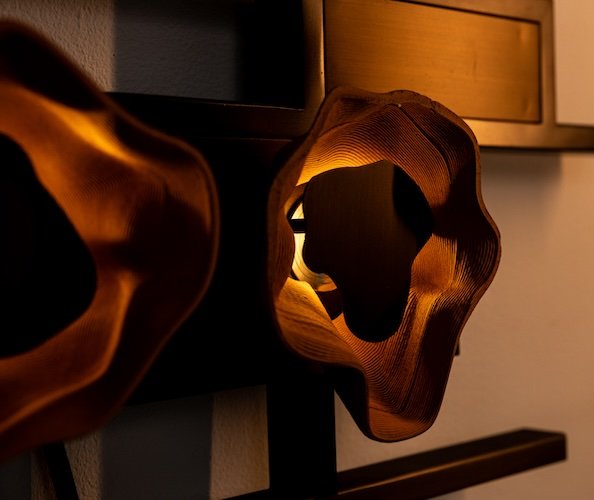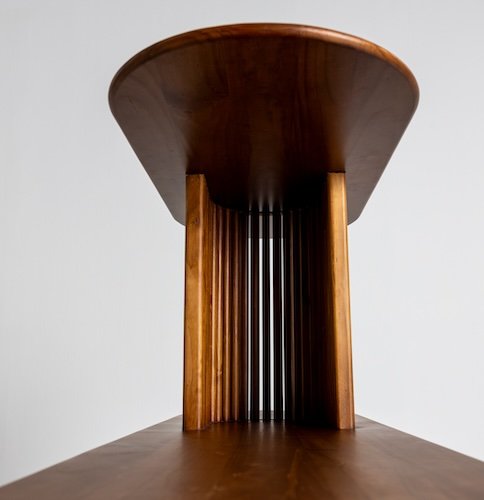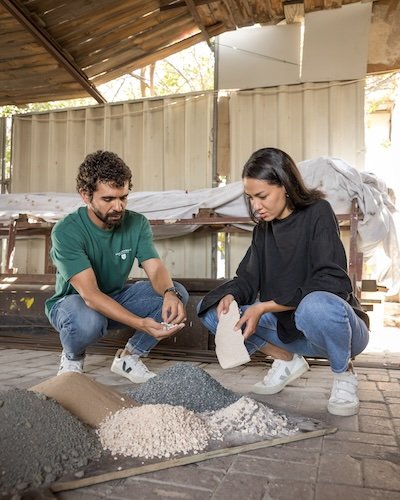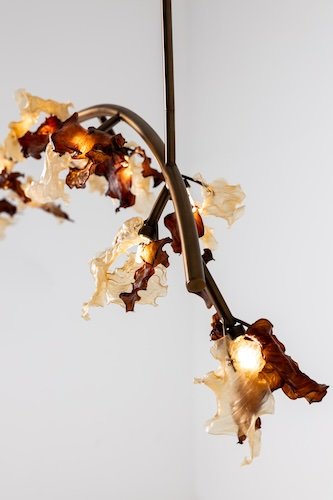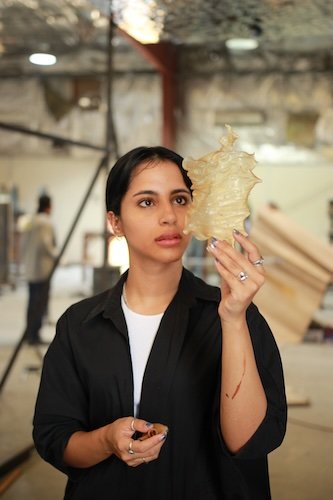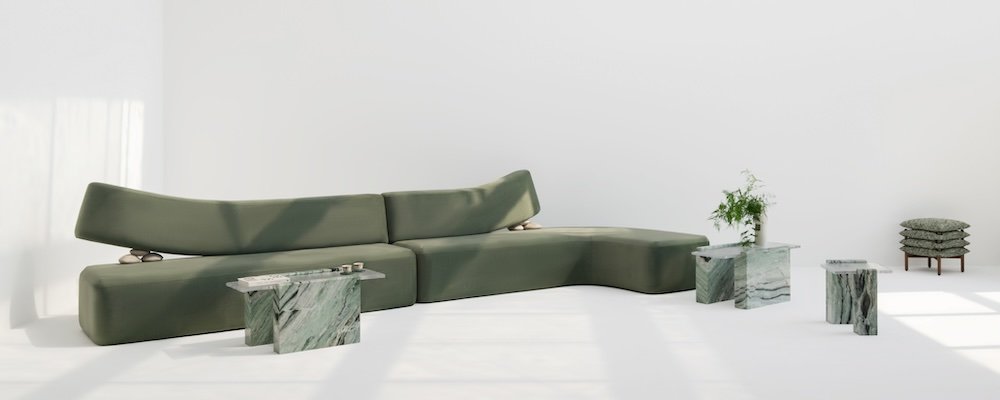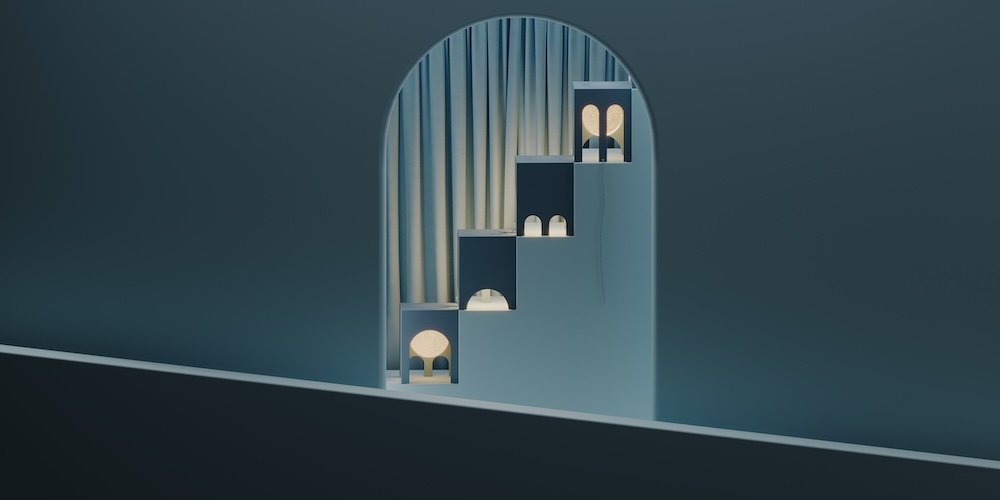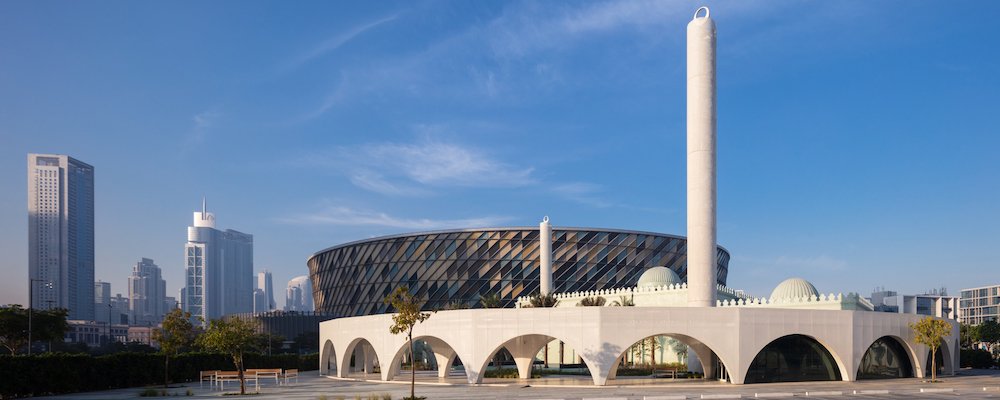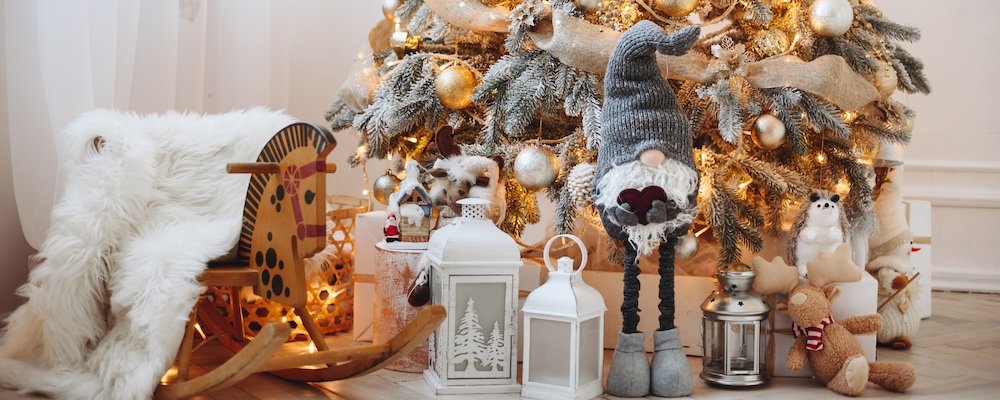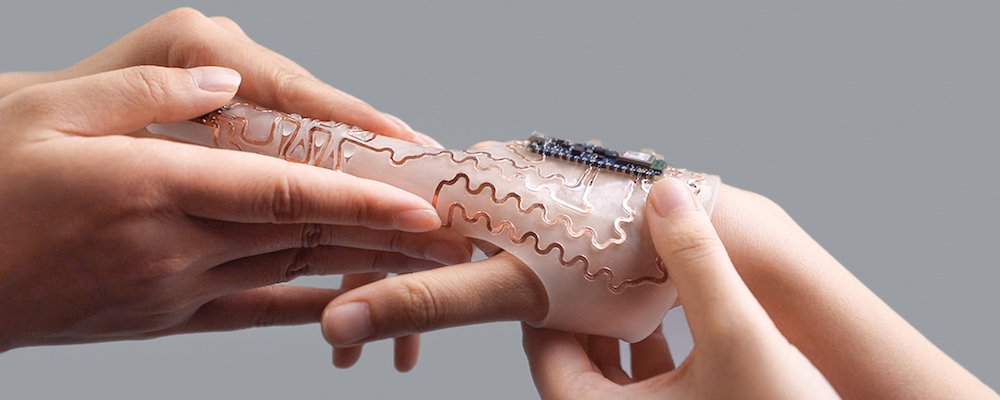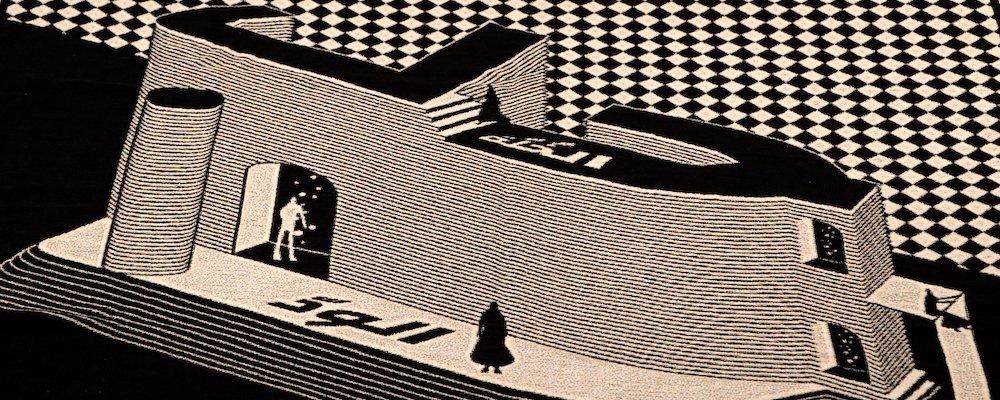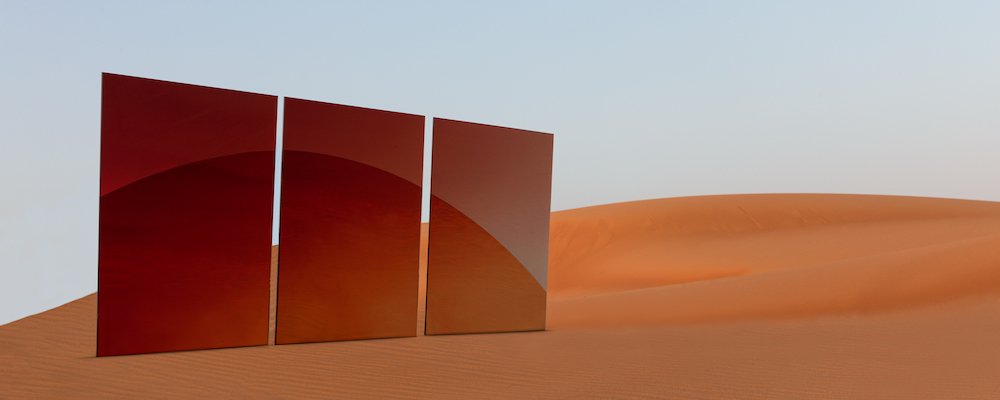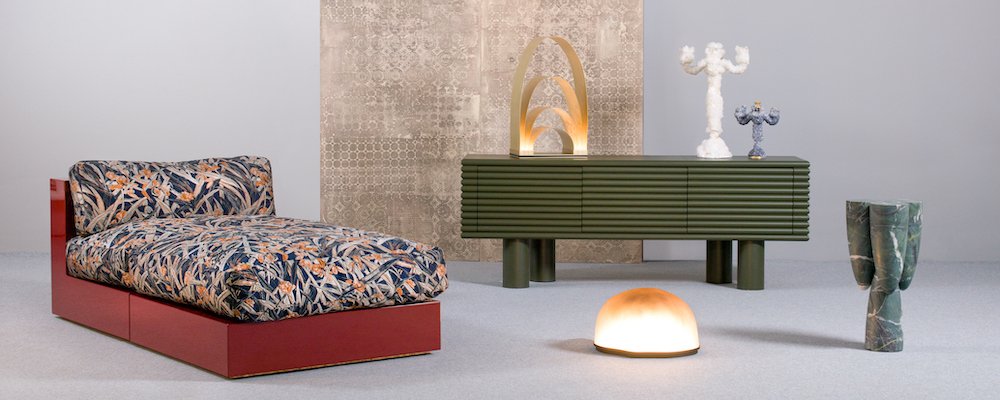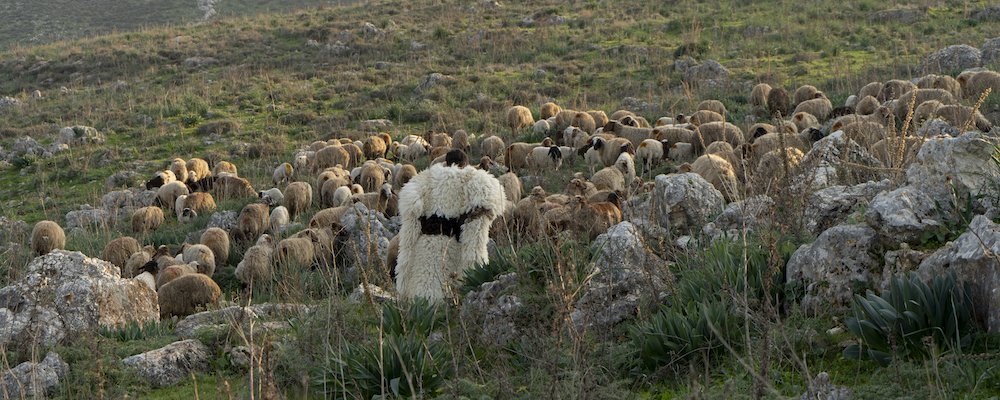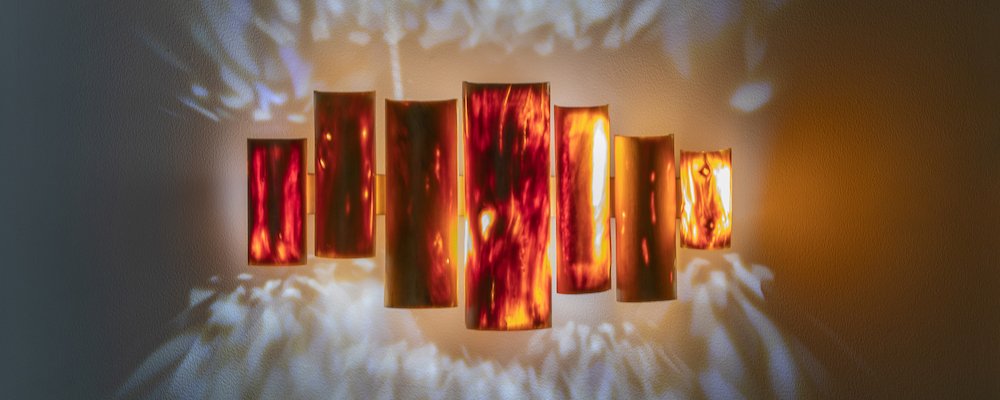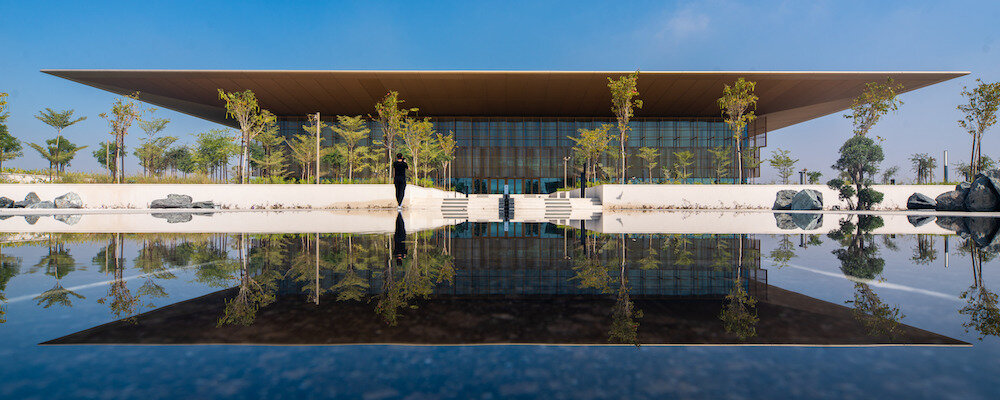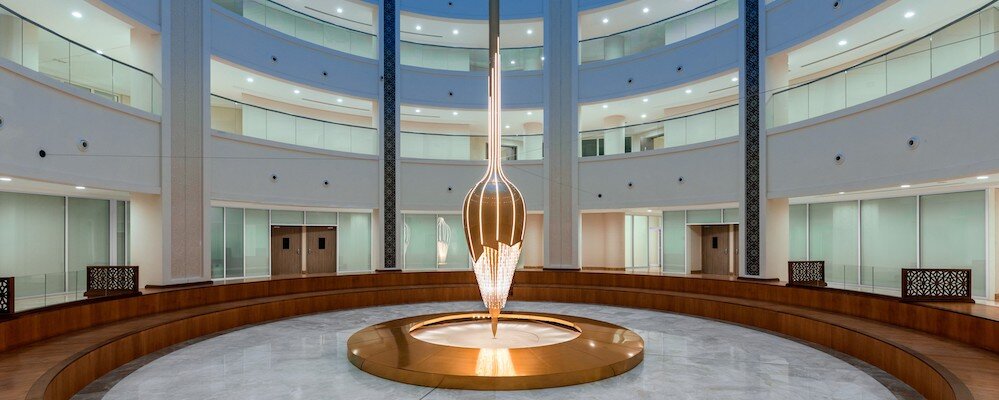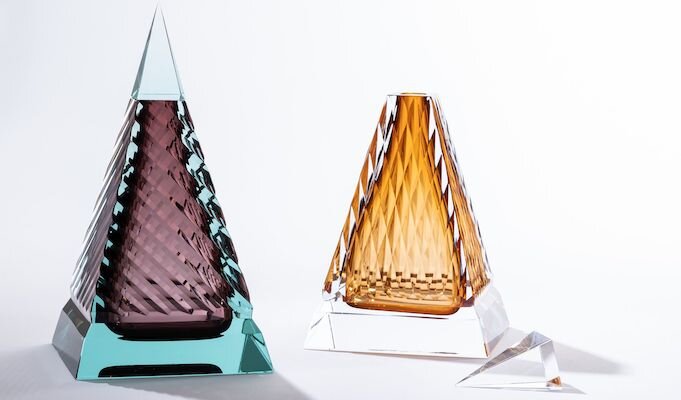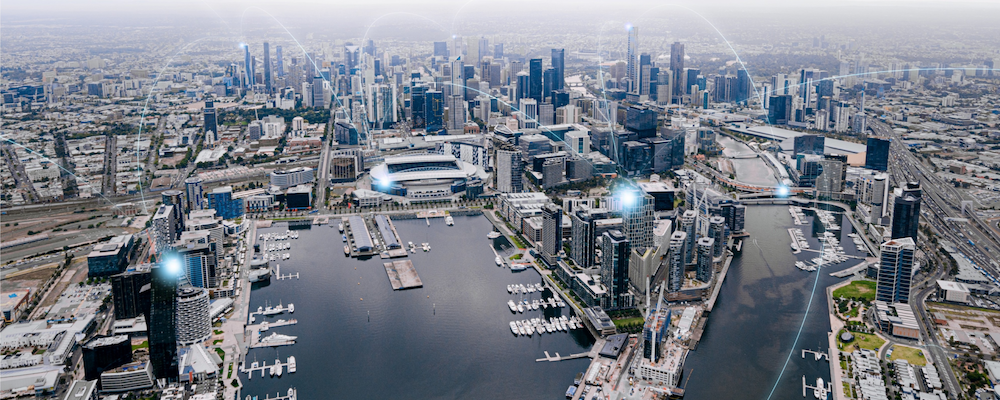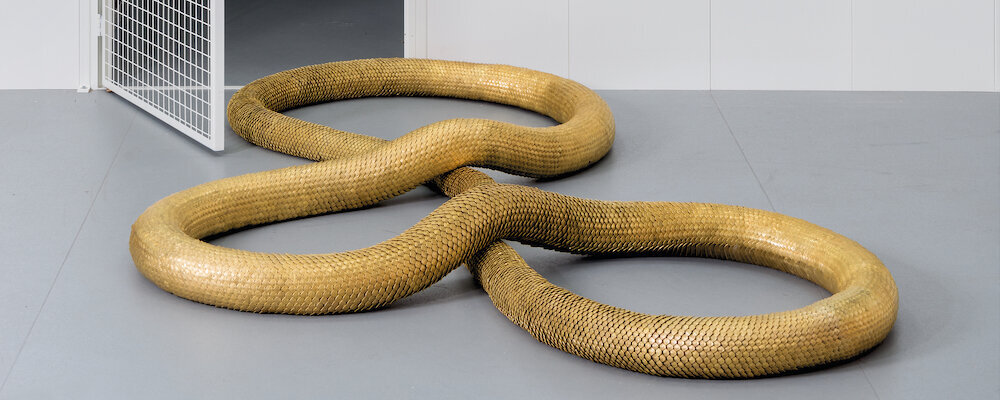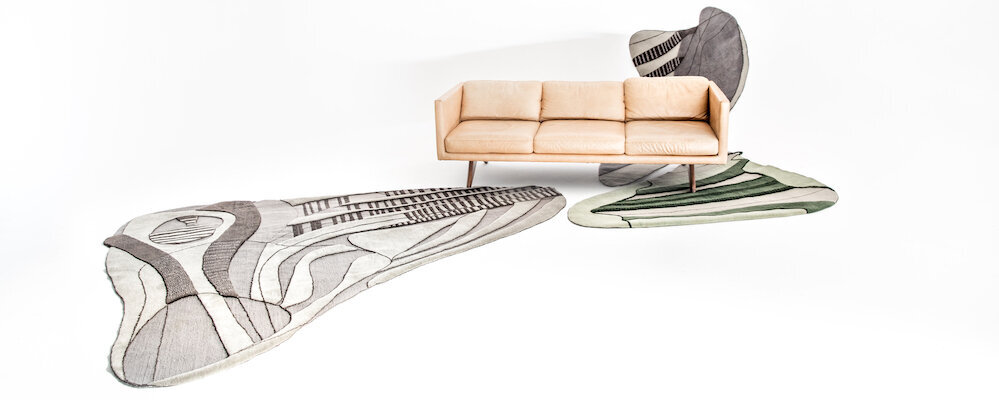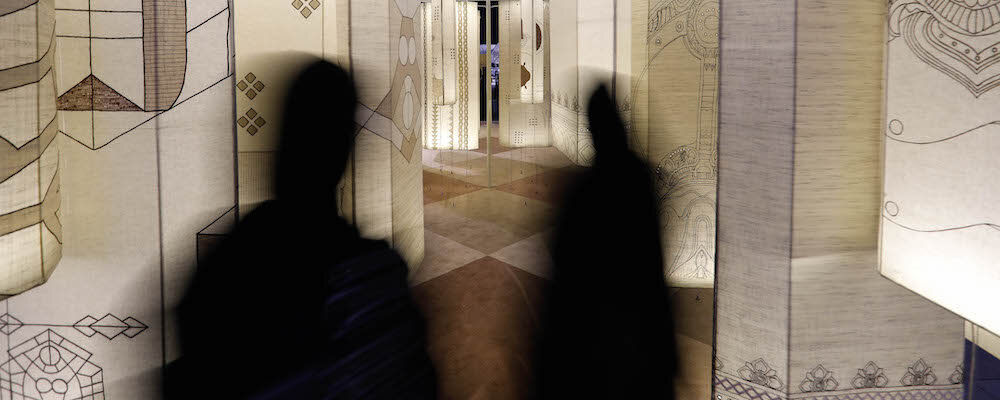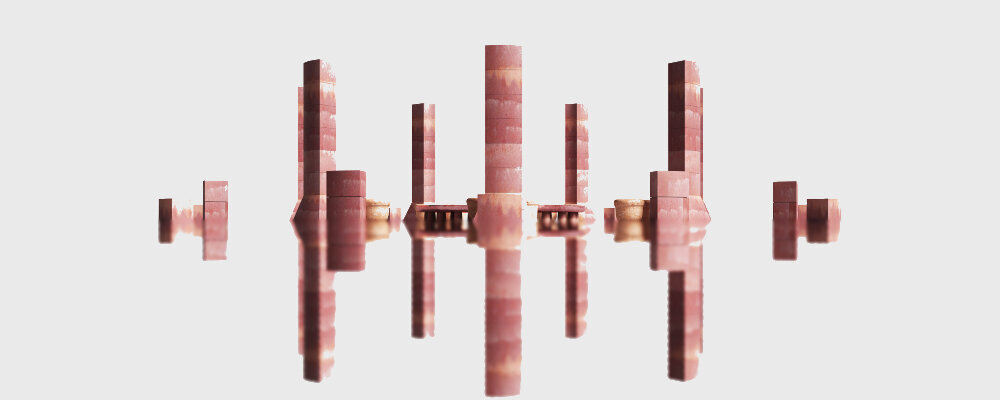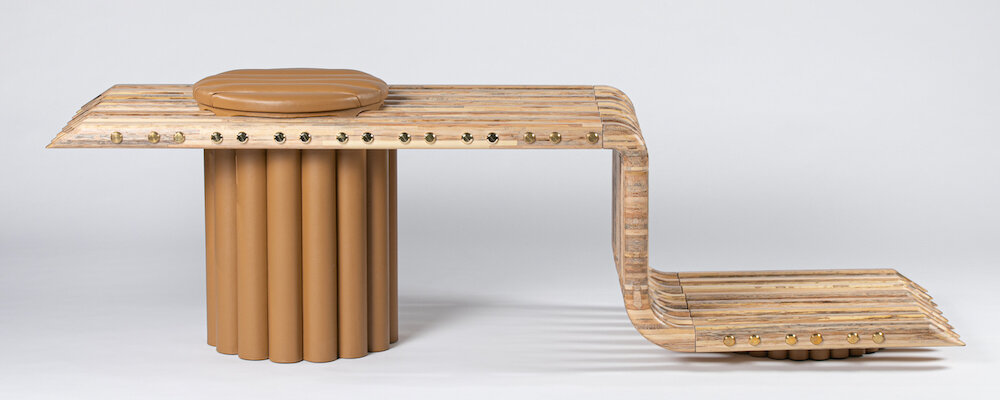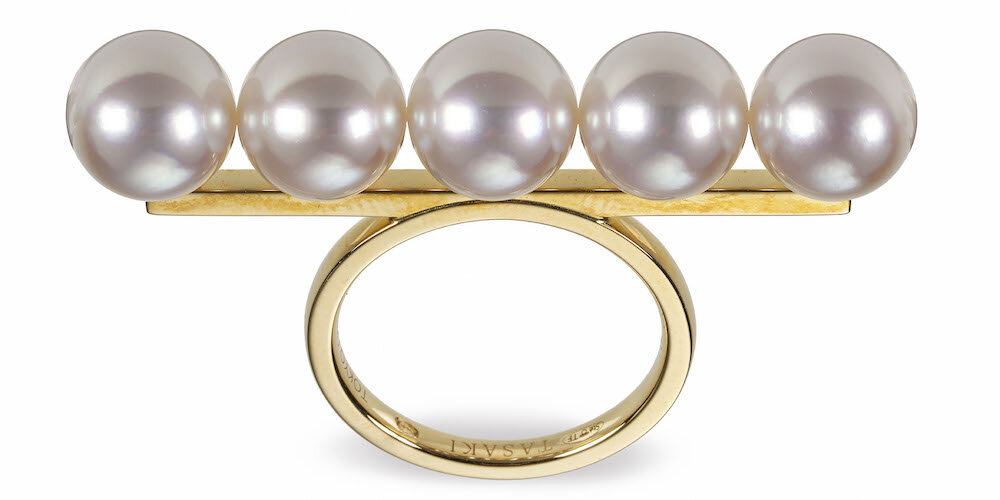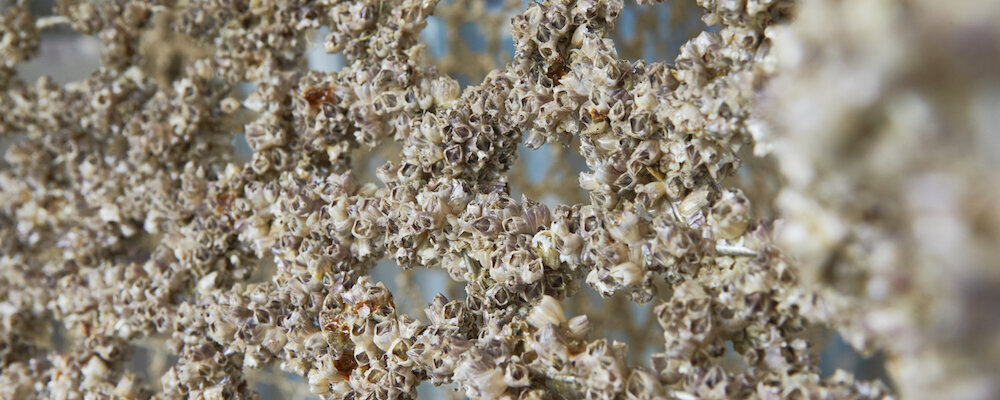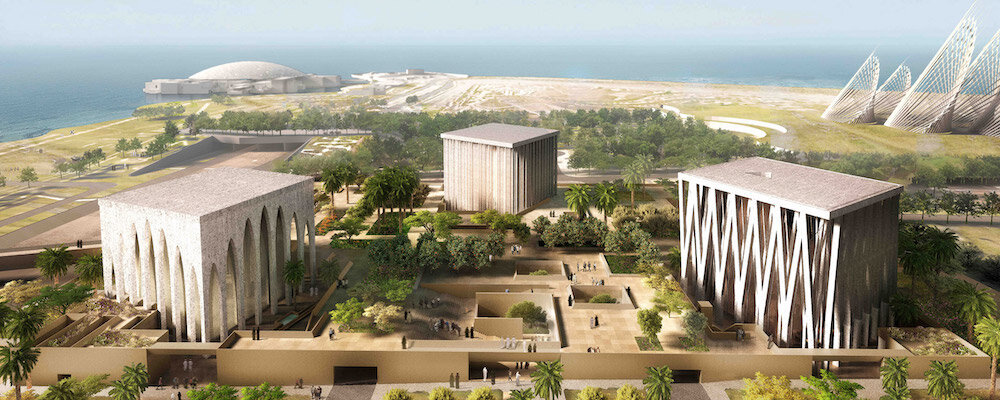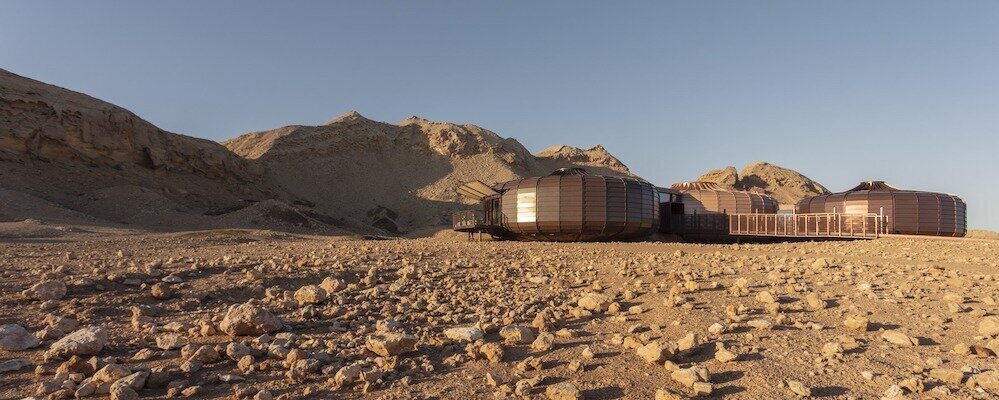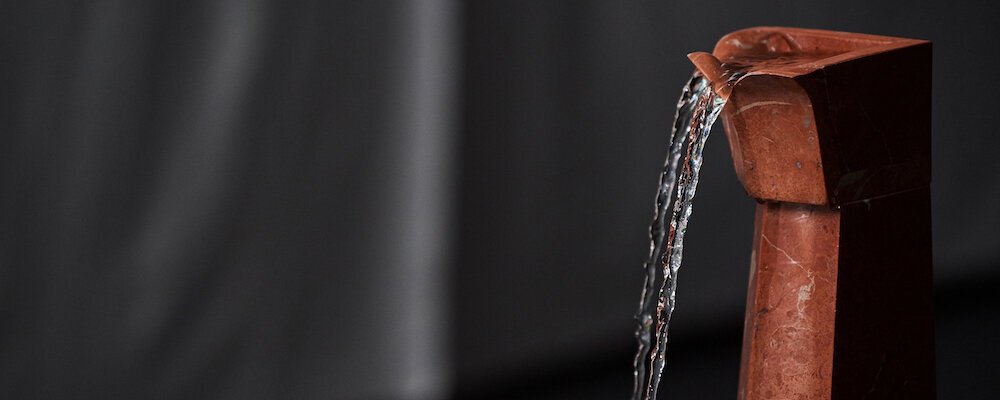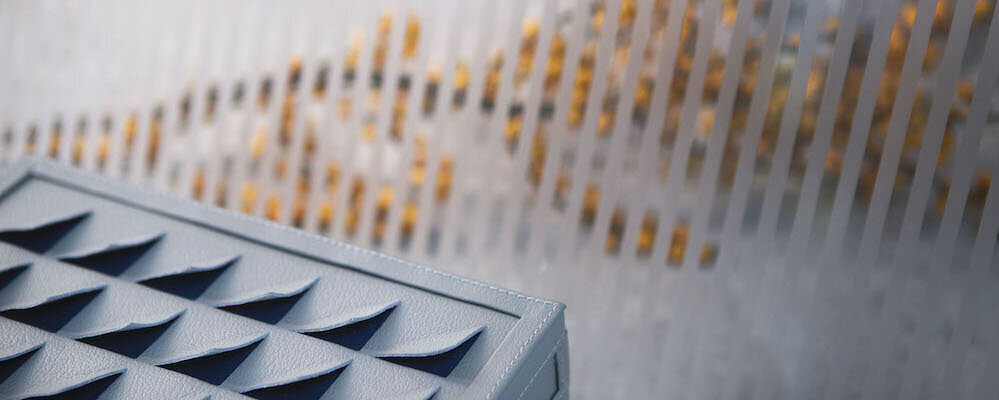Tanween 2023
Each year for the past decade, Tashkeel unveils the creations of UAE-based designers whose mission beyond their creations is also to produce in the country. On the occasion of Dubai Design Week 2023, discover the four innovative, sustainable furniture and lighting designs at Downtown Design.
The Tanween Design Programme by Tashkeel is a highly competitive, annual, professional development programme for designers, artists, engineers and scientists living and working in the UAE who wish to embark on a journey of research and experimentation, training and mentoring. The training results in the creation of an innovative, functional design made in the UAE. Led by a team of UAE-based and international design professionals, Tanween guides participants through design enquiry, material research and experimentation as well as exploring the process and development of prototypes, leading to the development of a sustainable and functional product that is revealed to the public at Dubai Design Week.
I am personally connected to this initiative by HH Sheikha Lateefa bint Maktoum bin Rashid Al Maktoum, founder of Tashkeel. She is as creative as discreet and humble sharing the venues of Tashkeel to an endless list of artists and designers who have spent time there over the past 15 years.
Since 2014, the Tanween Design Programme by Tashkeel has trained 36, early career, UAE-based design professionals which produced original 49 furniture and lighting designs inspired by, developed and manufactured in the UAE. Today, 23 of these limited edition pieces are offered through Tashkeel’s furniture and lighting series, The Tanween Collection. Since 2020, Tanween Design Programme has been addressing one of the fundamental challenges facing the world today; sustainability and the circular economy.
2023 marks the tenth edition of the Tanween Design Programme. It concludes with the debut of four innovative, sustainable furniture and lighting designs by early-career design professionals at Downtown Design Editions 2023 (8–11 November, 2023)
The Alchemy Series: Dining Table by Chinara Darwish
The Dining Table is made from 100 per cent locally sourced, marine industry and construction LDPE (low density polyethylene) waste sourced from redundant marine marker buoys, dredging floats, road barriers and water tanks. Designed with sustainability as a core driving force, the eight-seater dining table tis a bespoke design piece consisting of 193 kg LDPE plastic waste. Working with a circular design process, The Alchemy Series aims to be a zero-waste collection, cultivating integrity in providing realistic and practical solutions to the sustainability challenges around the consumption and plastic waste. The captivating surface pattern is achieved through the material’s variation and experimentation during production; each table is therefore unique and impossible to replicate. The dining table is designed to be functional, durable, practical and vibrant.
2023. LDPE, stainless steel 304. 220 L x 110 W x 76 H cm. Limited edition of 10
The Mishkah Collection by Marwa Abdelrahim
The Mishkah Collection is a set of three 3D-printed lighting fixtures using a mix of locally sourced and imported clay. The product is inspired by traditional mud-brick building techniques, where the clay is mixed with water until it reaches a malleable plastic consistency, the clay is then crafted into moulds and left to sun dry and eventually solidify forming stackable building blocks. The Mishkah Collection comprises three unique lighting units, with each unit designed to capture a specific stage in the clay’s transformation process.
The design draws inspiration from the architectural elements of wall niches, traditionally used in buildings as shelves and commonly used to house lanterns, these areas are referred to in Arabic as ‘mishkah’. It utilises 3D printing to construct forms highlighting the interplay between clay surface textures and colours (typically observed in traditional mud brick buildings) with both natural and artificial light. The back frame is made of a brushed brass finish resembling part of a stacked brick wall and referencing the rectangular-shaped moulds generally used to form clay into bricks. The back frame is designed with open ends to give the impression that each unit is an integral part of a brick wall structure and allows for different configurations of the units. The choice of brass finish in combination with 3D-printed clay colour and texture along with the soft warm light effect aims to reflect the warm and rich ambiance of traditional earthen buildings, emulating their deep connection to place and history.
2023. Brushed brass, clay, LED. 25 H x 85 L x 9 D cm. Limited edition of 10.
Doroob دُرُوب. 2023. by Maryam El Attar & Mohammed El Naggar
Doroob دُرُوب by Maryam Elattar and Mohamed Elnaggar is a shelving unit / standing desk that reflects the potential of the circular economy in each and every detail. The multifunctional design is inspired by the meaning of ‘Doroob’ an Arabic term describing the various ways to reach a destination. The materials used are reclaimed from construction and infrastructure projects in addition to fired clay reclaimed from pottery studios across the UAE. Treated wood from redundant industrial cable spools is given a second life as elegantly curved, tiered surfaces that can be used for decorative display or functional use. Similarly, concrete is removed from its usual industrial context and presented as a viable material for contemporary interior design. Softened by the smooth rounded form, it gives the slightest nod to the brutalist facades so prevalent in the architecture of the UAE of the 1970s and 1980s that endures to this day across the country’s urban landscapes.
The design aims to contribute to the sustainability movement, nudge our consciousness of the journey of materials and trigger conversation around the production process.
2023. Reclaimed wood, cement, desert sand, reclaimed fired clay, reclaimed marble stones, reclaimed steel. 172 L x 45 W x 108 H cm. Limited edition of 10.
Roots by Wafa Al Falahi
Roots symbolise connection, serving as the nourishing stem of a tree; supplying vital sustenance. They flow like life's blood, coursing through veins, delivering nutrients to sustain the body. Roots are our heritage, guiding us back to our origins.
In Wafa’s cherished childhood memories, her grandmother's influence on her family's women was profound. She was the solid foundation and nurturing core of our family tree, imparting wisdom and love abundantly. One precious memory was when she applied henna to our hair, hands and feet. The process felt intimate and empowering, signifying a shared, ritualistic art.
This narrative reflects on the profound experience of henna application, a sacred ritual uniting us in a singular space. It embodies the celebration of the essence of womanhood. As Wafa waited patiently for the green mud to stain my hands, her grandmother cared for the garden, exemplifying remarkable resilience. Even after her passing, her memory lives on through the rituals she instilled. When Wafa passes by the trees she planted, her essence lingers.
The lighting project's primary aim is to explore sustainable materials from the Middle East, like biodegradable henna components, aligning with local resources. The steel structure's versatility promotes resource efficiency, showcasing the region's potential for sustainable practices. The lighting fixture functions as a communal centrepiece, fostering a sense of togetherness reminiscent of family homes. Crafted from a combination of steel and biodegradable plastic infused with henna, this piece exudes a harmonious blend of colours, radiating a welcoming warmth. Additionally, its dimmable lighting feature enhances the overall comfort and ambiance.
2023. Stainless steel, henna bioplastic, LED. 150 W x 50 L cm. Limited edition of 10.





